Funded by Global Health Seed Grants, five faculty-led efforts will address disparities in cardiovascular health, tuberculosis, impacts of climate change on noncommunicable diseases, vaccination coverage, and cervical cancer.
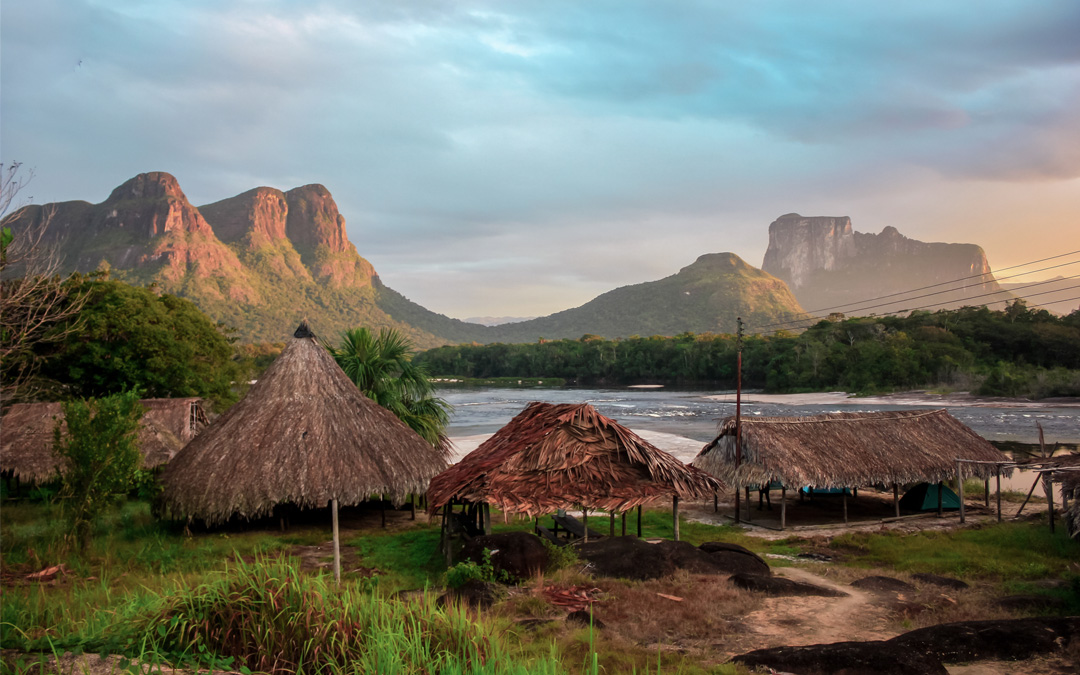

Funded by Global Health Seed Grants, five faculty-led efforts will address disparities in cardiovascular health, tuberculosis, impacts of climate change on noncommunicable diseases, vaccination coverage, and cervical cancer.
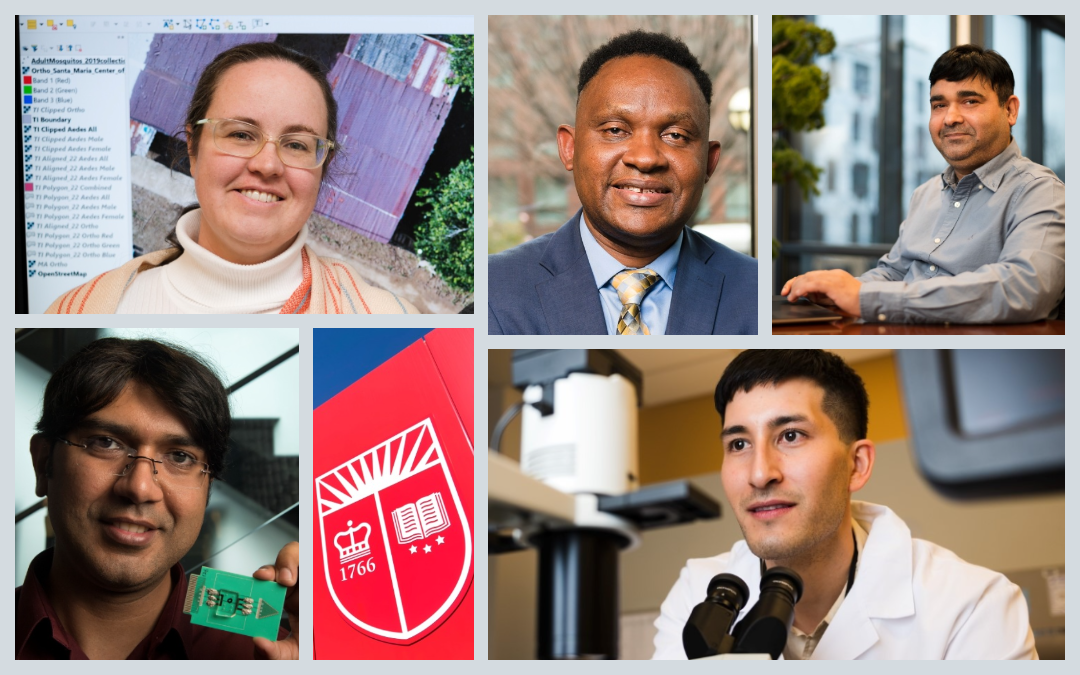
The principal faculty of Rutgers Global Health Institute are innovators. They’re confronting diverse global health challenges – the critical issues that affect everyone, and the complex problems that are especially detrimental to the most vulnerable among us.
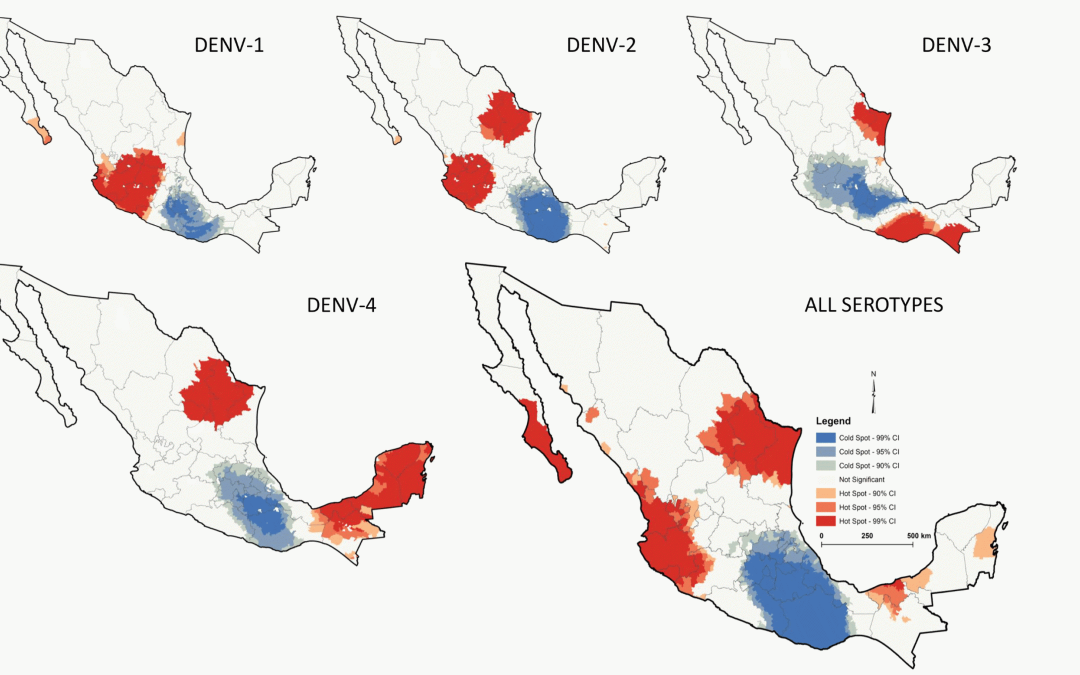
Rutgers researcher Ubydul Haque co-creates a tool to help identify outbreaks and prioritize virus control efforts. Haque is a principal faculty member of Rutgers Global Health Institute.
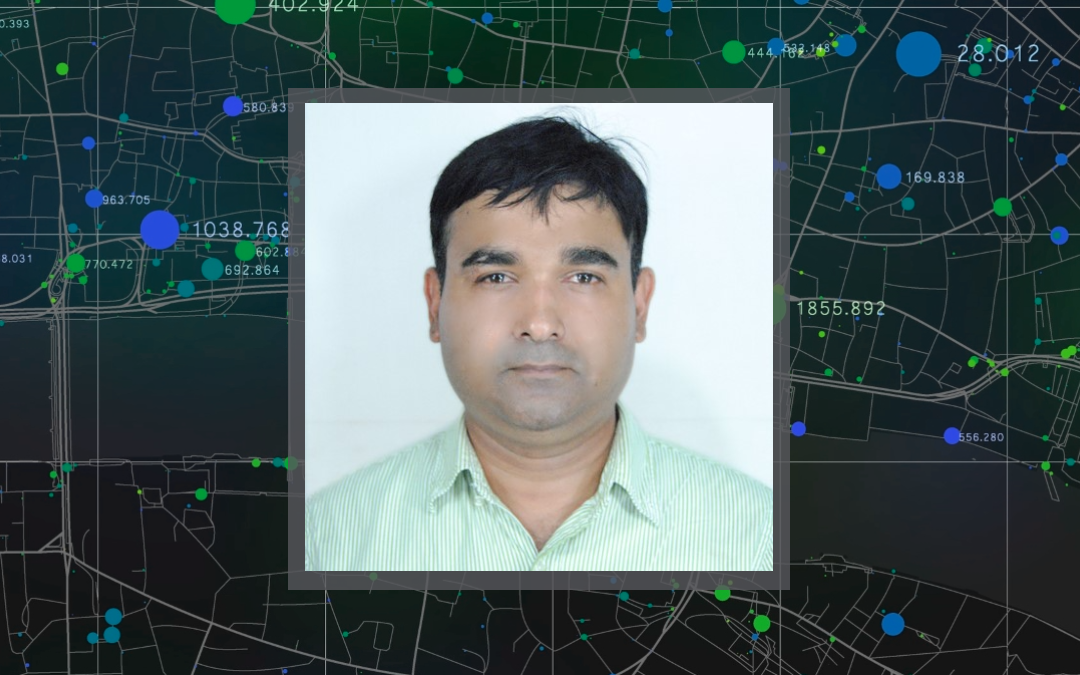
Ubydul Haque conducts data-based research for predicting locations of infectious disease outbreaks and examining climate-related health hazards. He will be an assistant professor of global health with a joint appointment at Rutgers School of Public Health.
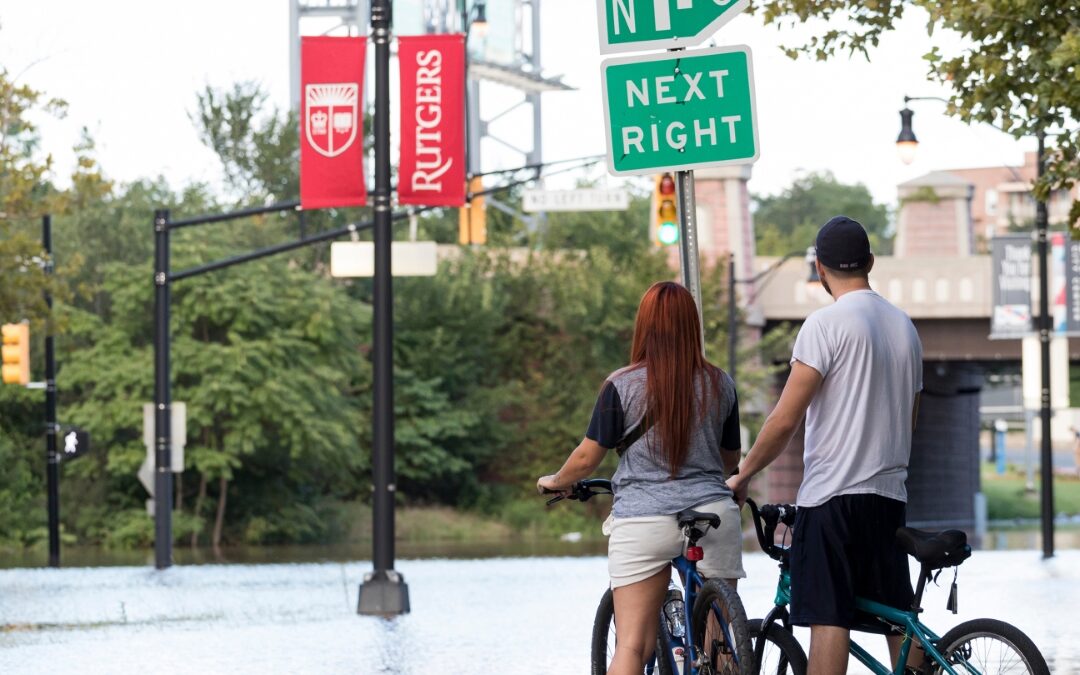
In collaboration with universities throughout the country, Rutgers is developing a plan to protect coastal areas increasingly threatened by extreme weather caused by climate change. Climate scientist and institute core faculty member Robert Kopp is the principal investigator.

In an interview for WRSU Rutgers Radio, institute director Richard Marlink offers perspective on the importance of a global response to COVID-19, vaccine infrastructure in Africa, vaccine production and safety, and the World Health Organization.
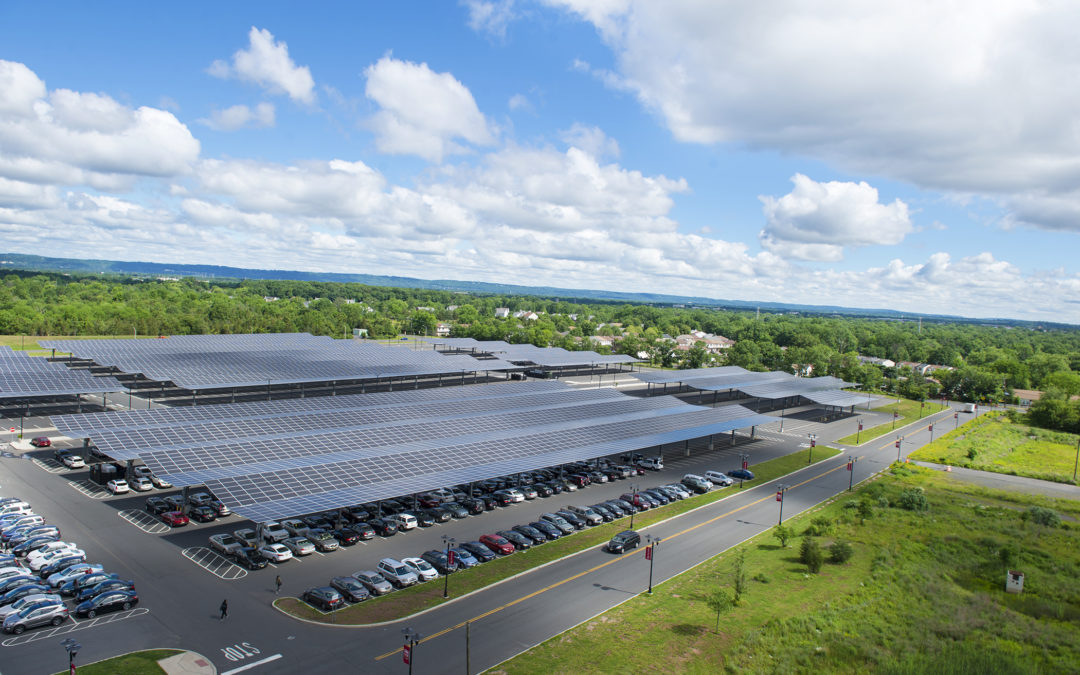
Climate change is one of the greatest threats to human health the world has ever faced. At Rutgers, a task force co-chaired by institute core faculty members Robert Kopp and Kevin Lyons presented a 43-page report outlining an 18-month process to identify the strategies Rutgers will take to reduce the university’s carbon footprint and its vulnerability to the impacts of climate change.
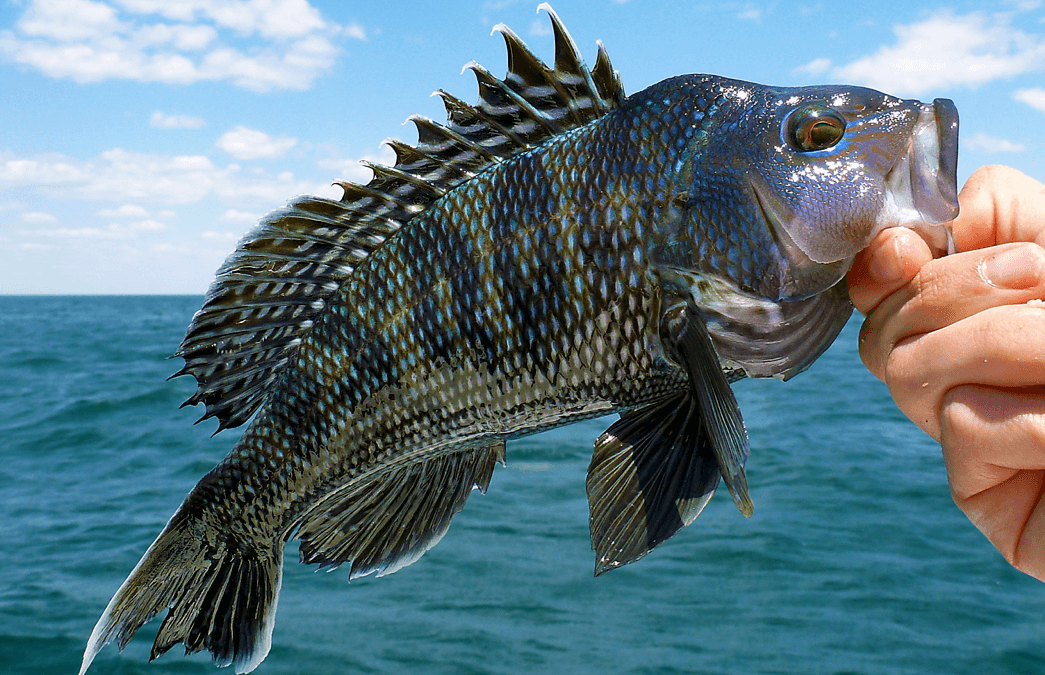
Climate change is leading to a decline in fish populations, which could have a devastating effect on developing countries that rely on seafood for nourishment and livelihoods, according to a Rutgers-led study.